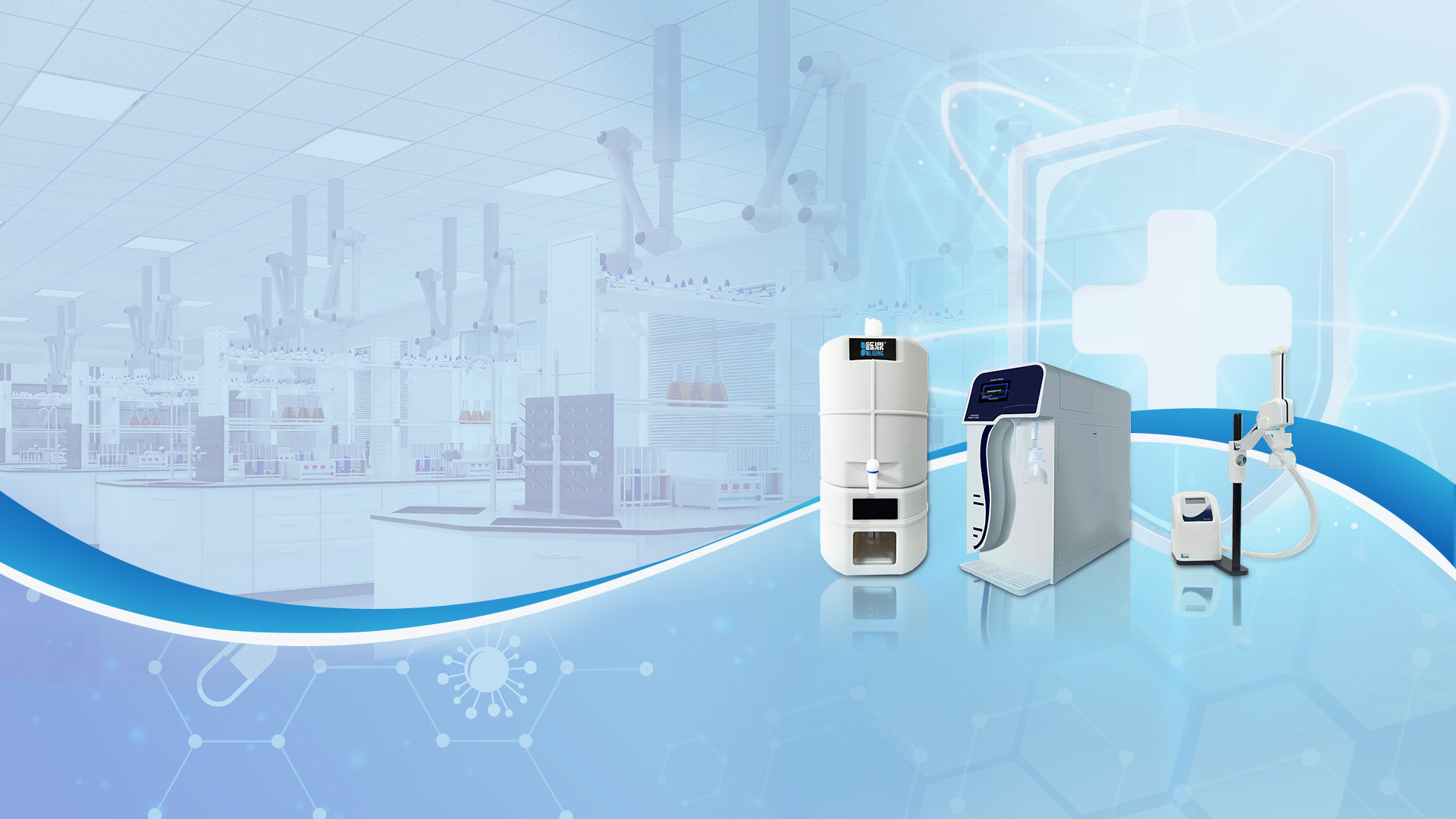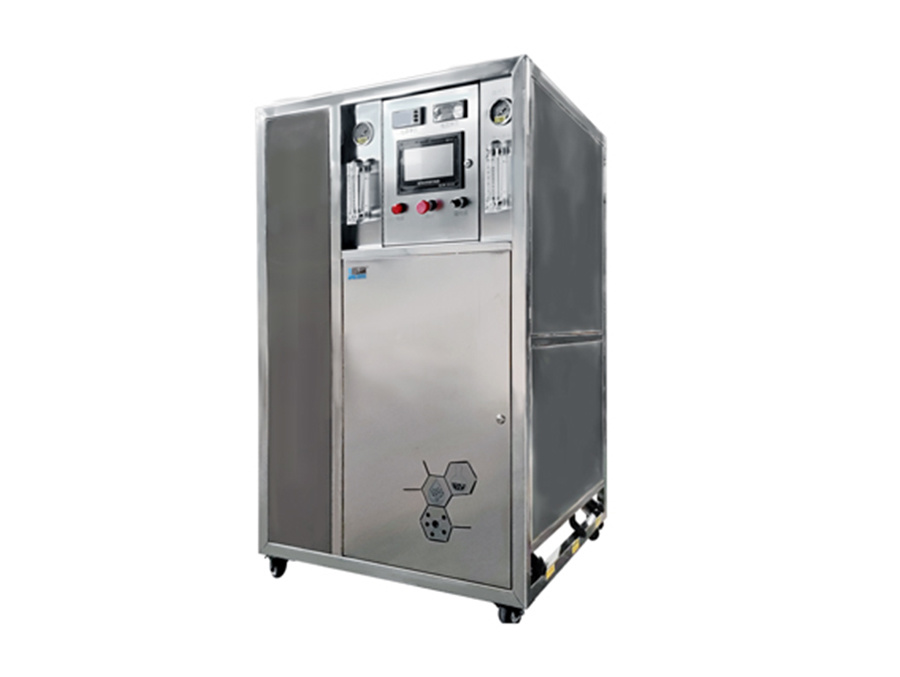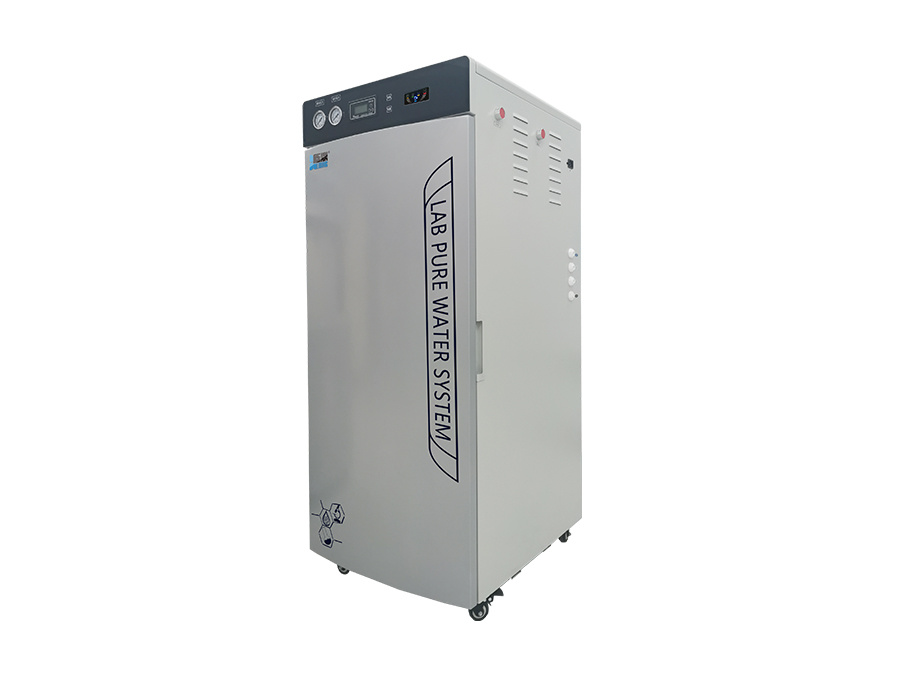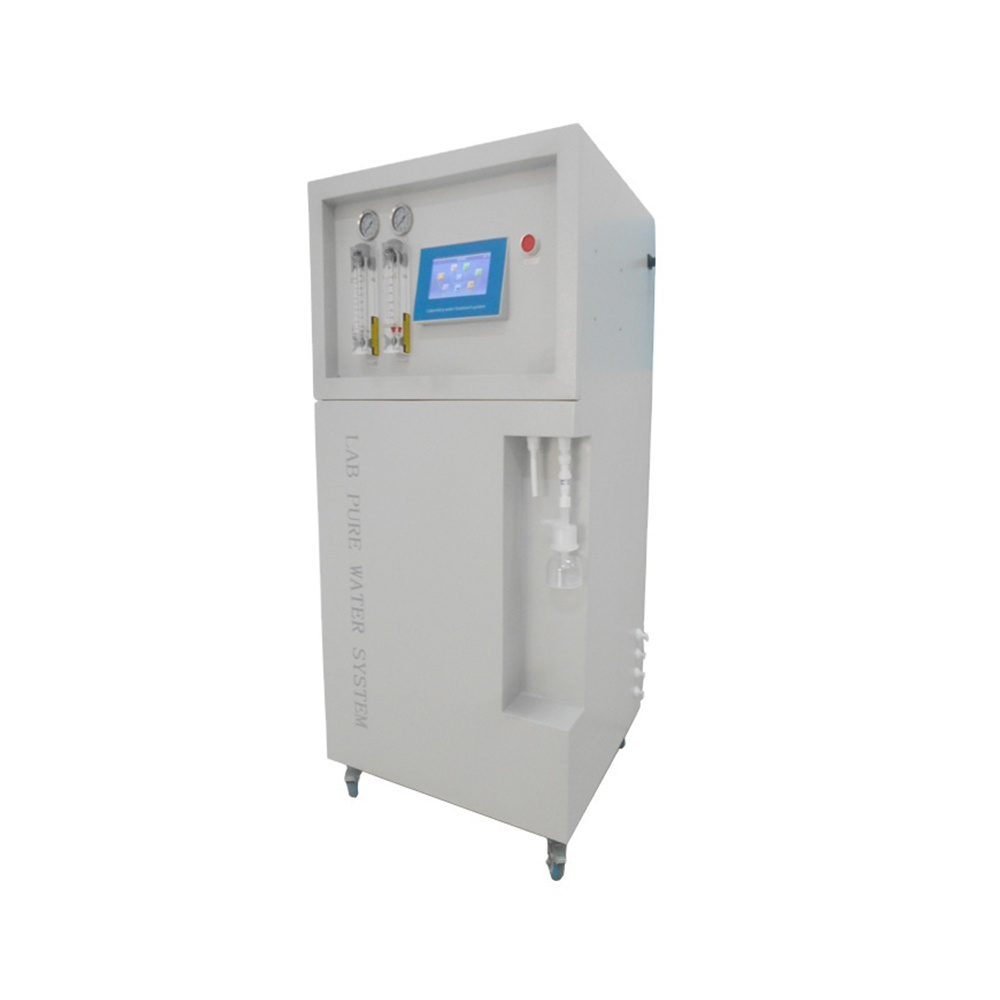The Impact of Ultra Pure Water on Product Quality Control in Industrial Applications
Time:
Oct 29,2025
The Impact of Ultra Pure Water on Product Quality Control
Table of Contents
- What is Ultra Pure Water?
- The Importance of Ultra Pure Water in Industrial Applications
- The Ultra Pure Water Production Process
- Benefits of Using Ultra Pure Water for Quality Control
- Applications of Ultra Pure Water in Different Industries
- Challenges in Utilizing Ultra Pure Water
- The Future of Ultra Pure Water in Quality Control
- FAQs About Ultra Pure Water
What is Ultra Pure Water?
Ultra pure water (UPW) is water that has been purified to a level that it contains virtually no impurities. This includes a range of contaminants like minerals, organic compounds, and microbial life. The process of creating ultra pure water often involves multiple filtration, reverse osmosis, and deionization methods, resulting in water with a conductivity of less than 0.1 microsiemens per centimeter. This extreme purity is essential for several industries, including pharmaceuticals, electronics, and food processing, where even the slightest impurity can compromise product integrity.
The Importance of Ultra Pure Water in Industrial Applications
The role of ultra pure water in industrial applications cannot be overstated. It serves as a critical component for maintaining the quality of products and ensuring compliance with industry standards. Industries such as semiconductor manufacturing, pharmaceutical production, and biotechnology rely on UPW to mitigate risks associated with contamination. By utilizing UPW, manufacturers can achieve higher yields, enhance consistency, and ensure that their products meet stringent quality requirements.
Quality Assurance Through Ultra Pure Water
Quality assurance is paramount in any manufacturing process. Using UPW in various stages of production significantly reduces the chances of contamination, which can lead to product recalls or failures. In pharmaceutical applications, for instance, the presence of any impurities can affect drug safety and efficacy. Ultra pure water not only meets but often exceeds the requirements set by regulatory bodies, ensuring a reliable supply chain.
The Ultra Pure Water Production Process
The production of ultra pure water involves several steps designed to eliminate contaminants effectively. The typical process includes:
- Pre-treatment: Initial filtration to remove larger particles and sediments.
- Reverse Osmosis: A semi-permeable membrane filters out dissolved solids and large molecules.
- Deionization: Ion exchange resins remove charged particles, making the water highly purified.
- Final Filtration: Additional filtration through 0.2 µm filters to eliminate any remaining bacteria and particulates.
This multi-step process guarantees that the water meets the high standards required for various applications, thus playing a crucial role in product quality control.
Benefits of Using Ultra Pure Water for Quality Control
The adoption of ultra pure water provides numerous benefits that significantly enhance product quality control. Some of the key advantages include:
1. Enhanced Product Quality
Using UPW in the manufacturing process ensures that products are free from contaminants that could compromise their quality. This reliability is vital for industries that depend on precision and purity.
2. Increased Production Efficiency
UPW reduces the incidence of equipment fouling and product defects, leading to streamlined operations and increased production efficiency. Fewer defects mean lower costs and higher profitability.
3. Regulatory Compliance
Many industries are governed by strict regulations concerning product safety and quality. Using ultra pure water helps organizations meet these regulations, avoiding potential legal issues and enhancing market reputation.
4. Improved Shelf Life
In the food and beverage industry, the use of UPW can extend the shelf life of products by minimizing microbial growth and contamination, thereby influencing consumer trust and satisfaction.
5. Sustainable Practices
Implementing UPW systems promotes sustainability by reducing waste and minimizing the need for chemical additives, aligning with modern eco-friendly manufacturing practices.
Applications of Ultra Pure Water in Different Industries
Ultra pure water finds extensive applications across multiple industries:
1. Semiconductor Manufacturing
In semiconductor fabrication, UPW is crucial for cleaning wafers and as a solvent in chemical processes. The absence of impurities ensures high-quality semiconductor devices.
2. Pharmaceutical Industry
Pharmaceutical companies utilize UPW for the production of injectable drugs, vaccines, and other sterile products. Its purity is essential for maintaining drug efficacy and patient safety.
3. Biotechnology
In biomanufacturing, UPW is used in cell culture media, ensuring that the growth environment for cells is free from harmful contaminants that could affect research and production outcomes.
4. Food and Beverage Processing
In food processing, ultra pure water is used in cooking, cleaning, and as an ingredient in beverages. The high standards of purity help maintain taste, quality, and safety.
5. Power Generation
In power plants, UPW is used in steam generation and cooling systems. Its purity ensures efficient operation and reduces maintenance needs.
Challenges in Utilizing Ultra Pure Water
While the benefits of ultra pure water are clear, there are challenges associated with its use:
1. High Production Costs
Producing ultra pure water can be expensive due to the complex and energy-intensive processes involved. This initial investment may deter some companies from adopting UPW systems.
2. Maintenance Requirements
Maintaining UPW systems requires regular monitoring and servicing to ensure continued effectiveness. Companies must invest in skilled personnel and technology to manage these systems properly.
3. Regulatory Compliance
While UPW assists in meeting regulatory standards, maintaining compliance involves continuous monitoring and documentation, which can be resource-intensive.
The Future of Ultra Pure Water in Quality Control
The future of ultra pure water in quality control looks promising as industries continue to evolve. Advances in technology may lead to more cost-effective production methods, making UPW accessible to a broader range of industries. Furthermore, as sustainability becomes a priority, innovations in water recycling and reuse practices will likely enhance the efficiency and environmental friendliness of UPW systems.
FAQs About Ultra Pure Water
1. What is the difference between pure water and ultra pure water?
Pure water may still contain some impurities, while ultra pure water has been processed to remove virtually all contaminants, making it suitable for critical industrial applications.
2. How is ultra pure water used in pharmaceutical manufacturing?
In pharmaceutical manufacturing, ultra pure water is used for dilution, cleaning equipment, and as a component in drug formulations, ensuring safety and efficacy.
3. Can ultra pure water impact the taste of food and beverages?
Yes, using ultra pure water in food and beverage production can enhance taste by eliminating impurities that may alter flavor profiles.
4. What are the main contaminants that ultra pure water eliminates?
UPW removes dissolved solids, organic compounds, bacteria, viruses, and other contaminants that could affect product quality.
5. Is ultra pure water necessary for all industries?
While not all industries require ultra pure water, those that prioritize product quality and safety, such as pharmaceuticals and semiconductors, benefit significantly from its use.
Conclusion
The impact of ultra pure water on product quality control is profound and far-reaching. As industries continue to demand higher quality standards, the role of UPW becomes increasingly critical. By ensuring the highest level of purity, manufacturers can enhance efficiency, maintain compliance, and ultimately deliver superior products. As technology advances and sustainability becomes a priority, the future of ultra pure water looks bright, promising ongoing improvements in quality assurance across various sectors.
RELATED NEWS








